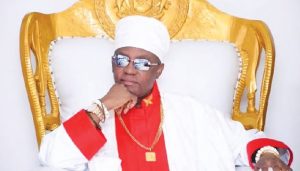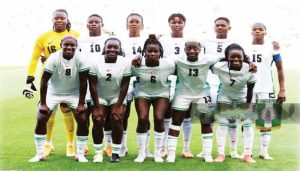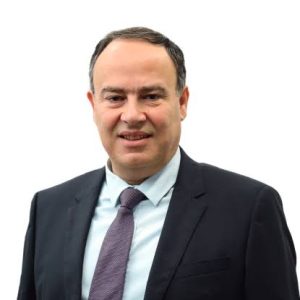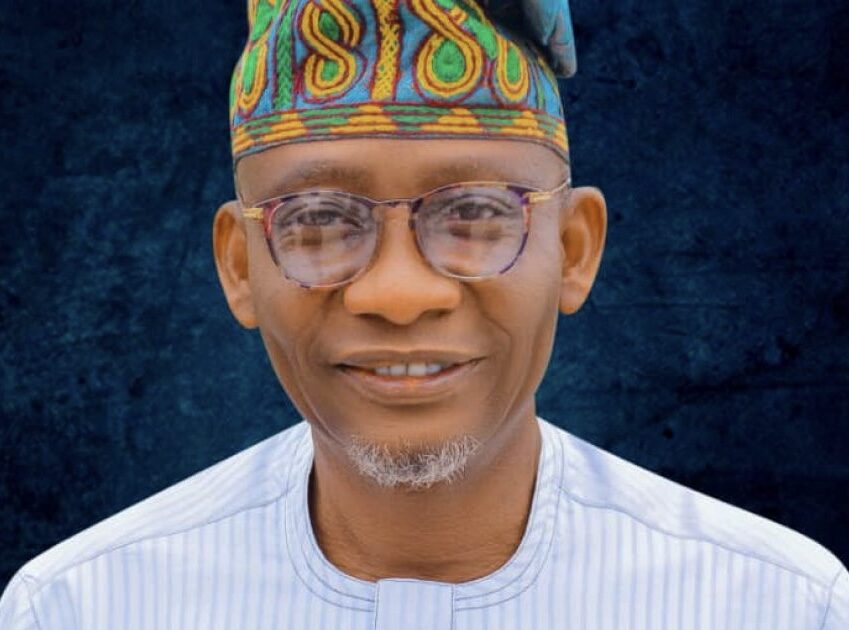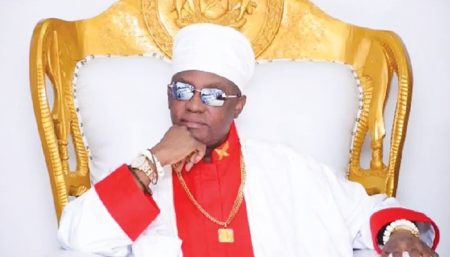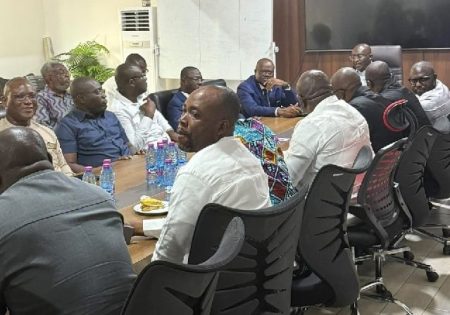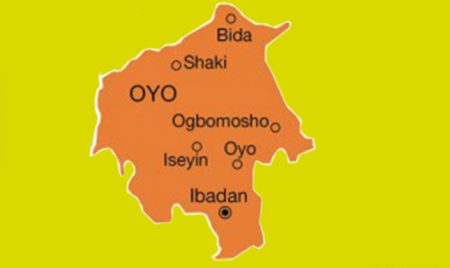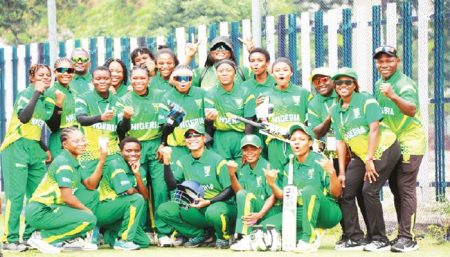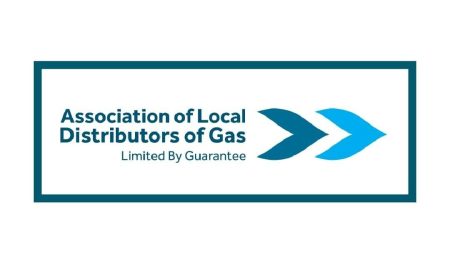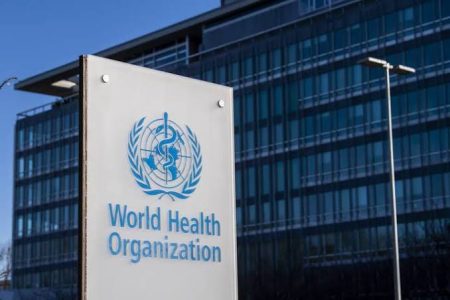The Osun State Government has raised serious allegations against the Central Bank of Nigeria (CBN) and the Office of the Accountant General of the Federation (OAGF), accusing them of orchestrating a plan to divert statutory funds meant for local government areas (LGAs) into private accounts. The state government claims this alleged scheme is a deliberate attempt to undermine ongoing legal proceedings at the Supreme Court concerning the rightful administration of local government funds. The state’s Commissioner for Local Government and Chieftaincy Affairs, Dosu Babatunde, expressed deep concern over this potential violation of public finance regulations, emphasizing the gravity of paying public funds into private accounts. The state government alleges that the CBN’s Osogbo branch rejected the official list of authorized LGA accounting officers, raising suspicions of an attempt to channel funds to individuals associated with the previous administration of Governor Gboyega Oyetola.
In response to these allegations, the chairman of the LG chairmen elected on the platform of the All Progressives Congress, Abiodun Idowu, vehemently denied any involvement in such a scheme. He asserted that they understand the implications of diverting public funds and emphasized that any payments would be directed to the appropriate government accounts. He challenged the state government to investigate elsewhere and dismissed the accusations as unfounded. This denial, however, has not assuaged the concerns of the Osun State Government, which has escalated the matter by bringing it to the attention of President Bola Tinubu. They insist that the purported plan is illegal and is being executed without the knowledge or consent of the President and the Minister of Finance.
The state government has issued a stern warning that any funds paid into private accounts will not be recognized as belonging to the LGAs and that severe legal action will be taken to address any such anomaly. This financial dispute is further complicated by the involvement of the Nigerian Union of Local Government Employees (NULGE) in Osun State. NULGE has revealed a letter from the OAGF, instructing the opening of new LGA accounts with specific individuals named as authorized signatories. NULGE contends that these designated individuals are not the legitimate accounting officers of the LGAs and that the true authorized signatories remain the Director of Finance and Supplies and the Director of Administration and General Services, with confirmations from the Head of Local Government Administration and Council Chairmen.
NULGE has called for a stakeholder meeting to resolve the disagreements surrounding the management of LGAs in the state and urged the CBN to adhere to established legal procedures to prevent financial malpractice. They too allege a plan by the CBN to divert LGA allocations into personal accounts. Further complicating this already intricate situation is the intervention of the Osun State Independent Electoral Commission (OSIEC). The OSIEC chairman, Hasim Abioye, asserts that the only legitimate political authority over the local councils is the outcome of the February 2025 local government elections conducted by the commission. He maintains that the election results have not been legally challenged or nullified and that all relevant authorities, including the CBN, have been duly notified.
Abioye has also criticized the Attorney General of the Federation and the Inspector-General of Police for allegedly supporting the actions of the “sacked officials,” referring to those who lost in the February 2025 elections. He accused them of forcefully re-occupying local council offices, creating a public disturbance. He pledged that OSIEC would remain committed to its constitutional duties of transparency and accountability. This complex interplay of accusations, denials, and competing claims for authority over local government finances underscores a deep-seated political and administrative struggle in Osun State. It highlights the vulnerability of public funds to potential misappropriation and the critical importance of adherence to due process and transparency in financial management.
The core issue at stake revolves around the legitimacy of those claiming authority over local government finances. The Osun State Government insists that the current local government administration is illegitimate and that any attempt to channel funds through them is illegal. Conversely, the elected local government officials and their supporters argue that they are the duly elected representatives and have the right to manage local government resources. The involvement of the CBN and the OAGF adds a significant layer of complexity to this dispute. The allegations against these federal institutions raise questions about potential political interference in local government affairs and the integrity of financial management processes at the federal level.
The intervention of NULGE and OSIEC further underscores the widespread concern about the potential mismanagement of public funds and the need for a transparent resolution to this conflict. The conflicting accounts of events, the differing interpretations of legal authority, and the accusations of political manipulation create a challenging environment for resolving this dispute. A thorough investigation and adherence to the rule of law are essential to ensure that public funds are managed responsibly and that the legitimate representatives of the people have control over local government finances.
The accusations levelled against the CBN and the OAGF warrant serious scrutiny. If these allegations prove true, they represent a significant breach of public trust and could have serious consequences for the financial stability and governance of Osun State. The state government’s insistence on bringing this matter to the attention of President Tinubu suggests a desire for higher intervention to resolve this impasse. This further underlines the gravity of the situation and the urgent need for a solution that safeguards public resources and upholds the principles of good governance.
The involvement of various stakeholders, including the state government, elected local government officials, the CBN, the OAGF, NULGE, and OSIEC, necessitates a comprehensive and multi-faceted approach to resolving this dispute. Dialogue, mediation, and adherence to legal frameworks are crucial to achieving a peaceful and sustainable solution. The ultimate goal must be to ensure that the people of Osun State are served by a transparent and accountable local government system that effectively utilizes public funds for the benefit of the communities they are intended to serve.
The ongoing dispute over local government finances in Osun State highlights broader concerns about financial management and political governance in Nigeria. It underscores the importance of strengthening institutional frameworks to prevent financial malpractice and to ensure accountability at all levels of government. The resolution of this conflict will have significant implications not only for Osun State but also for the broader Nigerian context, serving as a precedent for addressing similar disputes in other parts of the country. The need for transparency, due process, and respect for the rule of law is paramount in ensuring that public resources are managed effectively and that the principles of democratic governance are upheld.


